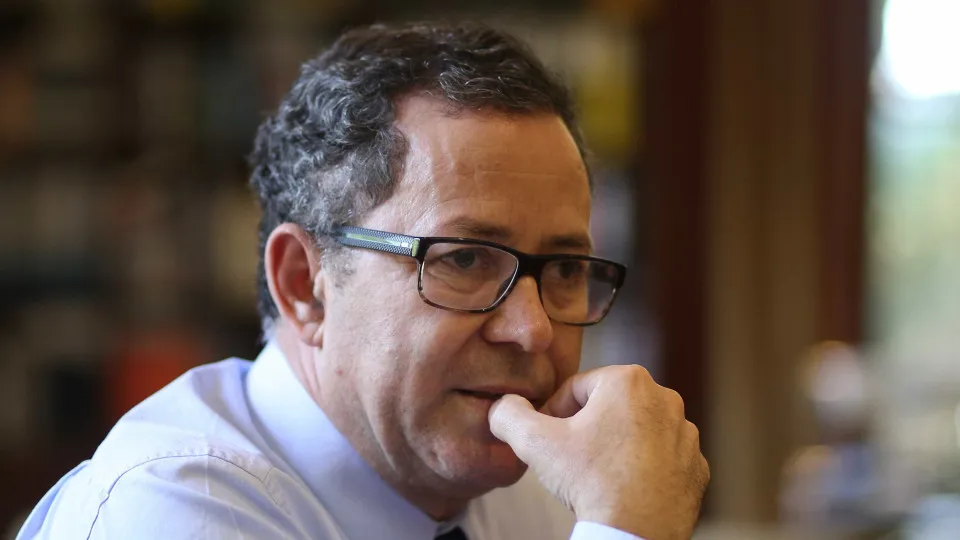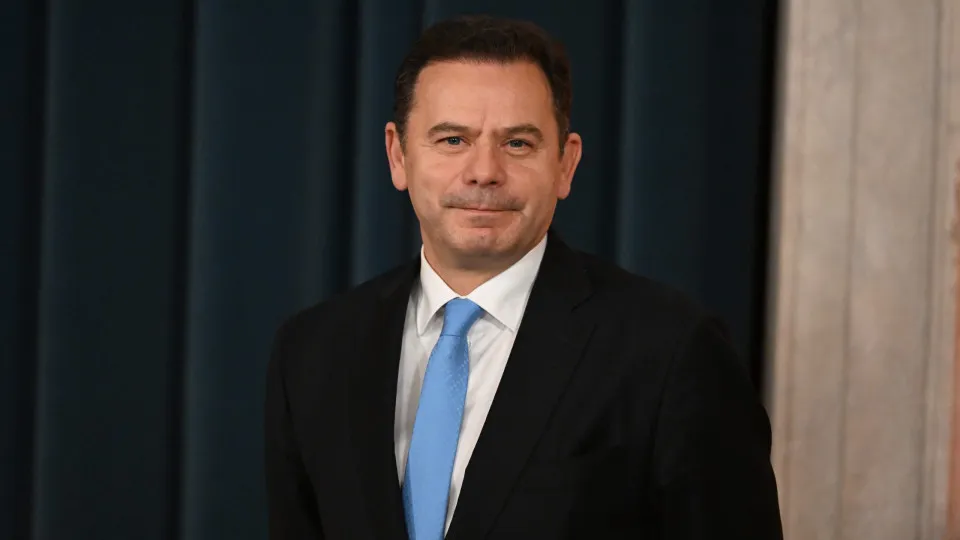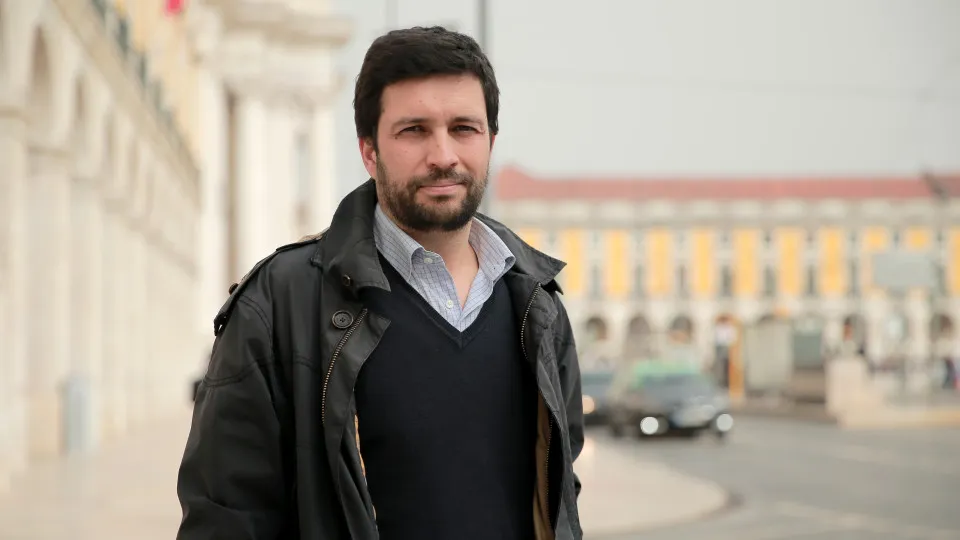
“I will leave the university with a sense of duty fulfilled, with the serenity and conviction of the work I have done, and the certainty that my successor will find a well-organized institution, with balanced accounts and the necessary conditions for UTAD to continue evolving and progressing toward its future with complete confidence,” stated Emídio Gomes in a communiqué sent to the academy.
Emídio Gomes is set to become the president of Metro do Porto on Wednesday, following his election on Monday during the company’s general assembly.
Having chosen not to run for a second term as rector of UTAD in Vila Real, Gomes faced an impasse due to the current composition of the university’s General Council, which has delayed the election of the next rector.
The council is responsible for electing the rector, but in March, the chosen method for voting co-opted members—by a show of hands and a tiebreaking vote by the interim president of the council—rather than by secret ballot and a majority decision, led the process to court.
Last Friday, the Northern Central Administrative Court rejected the adopted voting method and ordered reopening the co-optation process by secret ballot.
“The past few months have been extremely demanding at all levels. The electoral process resulted in areas of latent conflict that caused anxiety, especially since the awaited judicial decision was only announced last week. Despite insidious practices, I always acted with a total sense of responsibility, ensuring the defense of UTAD’s best interests and maintaining its normal operations,” added Emídio Gomes.
The outgoing rector affirmed that the “management of UTAD was never at risk” and noted that the institution’s statues “cover all these situations, ensuring the continuity of the management team until the next rector takes office, leaving no power voids and no room for improvisation.”
“The solidity of the legal and normative framework is a crucial guarantee of institutional stability,” he assured.
He further commented, “It is now up to the academy, particularly the elected members of the General Council, to take their future into their own hands with the prudence that these times demand.”
According to the statutes, in the case of a vacancy, resignation, or permanent incapacity of the rector, the general council must initiate the election procedure for a new rector within eight days.
During the vacancy of the rector position or in the event of a suspension under Article 45, the role is to be temporarily filled by the vice-rector chosen by the general council or, in their absence, by UTAD’s senior professor.
Currently, however, the General Council is not fully operational, and it is likely that Vice-Rector Jorge Ventura may temporarily assume the position. The Council consists of 25 members, 18 elected and seven co-opted.
The final year of this mandate was marked by controversial statements made by Emídio Gomes in October 2024, when he revealed that it was his practice to hold meetings with students to gather personal information about university faculty.
“Four times a year, I close myself off with all my course nuclei (…) and, behind closed doors, under a ‘confidential agreement’ where what happens there is not used as a source, I get to know everything about my professors,” the rector had stated.
These statements by Emídio Gomes were criticized by unions representing higher education faculty and prompted the Left Bloc to request the government to clarify the rector’s conduct through the parliament. The Livre party also condemned his statements, suggesting they indicated surveillance and persecution of university faculty.




